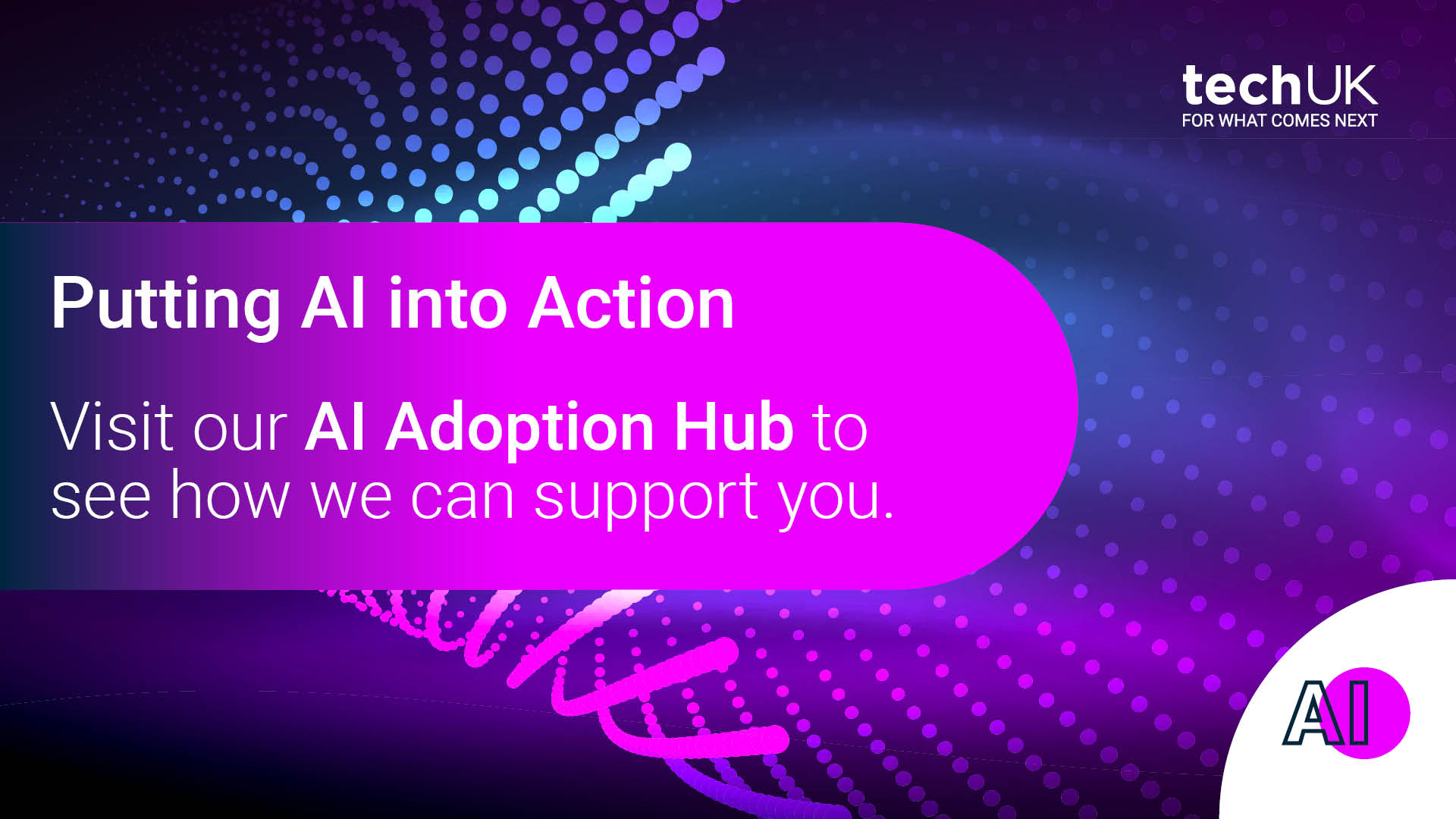Guest blog (VE3): AI - not a replacement, but the complement that humanity needs
"It is not nuclear weapons that I fear, but artificial intelligence (AI)."
Why start with such a bold statement? Because while nuclear weapons can potentially destroy a city or even a country, they can still be challenged and controlled. I’m not so sure we can say the same for AI. So, is AI the ultimate decimator of humans? According to current sentiments, and a report projecting that 8 million jobs could be at risk by 2030, it seems so. However, in this piece, we will examine AI from a different perspective. Innovation is a necessary peril: you either adapt or fade away.
Innovation: adapt or fade away
Innovation is a necessary peril: you either adapt or fade away.
I’m sure you’ve used a BlackBerry or Nokia phone at some point. These brands were once pioneers and market leaders in the mobile phone industry. Yet today, as we speak, they have almost disappeared from the market. Why? Because they resisted change. Only those who adapt to shifting trends survive, and Nokia and BlackBerry failed to do so.
The inevitable rise of automation
AI will teach us this lesson the hard way. No one wants to learn difficult lessons, but AI is going to make that happen, because automation is inevitable. The key to survival and relevance is embracing upgrades and change.
How?
New opportunities in the AI ecosystem
By developing expertise in the AI ecosystem: machine learning engineers, deep learning engineers, AI trainers, natural language processing specialists, and computer vision experts will be in demand. In these roles, human intelligence (HI) will be critical, augmenting AI systems and training models. As a result, it's highly unlikely that AI will completely replace humans in these fields.
Human oversight: a necessity for quality
While more than 50% of tasks are on the verge of automation, the need for human oversight in operational management will remain essential to ensure quality and precision. This means that human intervention will be unavoidable, even as a new era of employment emerges—one where machines are trained by augmented human intelligence.
The irreplaceable human element in complex tasks
Complex tasks will ensure the continued relevance of human workers. There’s a saying: if you have a "club mentality" in your profession, you are irreplaceable. What does this mean?
Why some jobs will resist automation?
In jobs that require adaptability, quick thinking, and situational awareness, AI won’t be able to take over. Humans will still have an active role, especially in tasks that change based on circumstances. Until we reach the age of AI-driven annihilation—a fear shared by some tech leaders like Elon Musk—humans will remain relevant, using our tactical thinking, problem-solving skills, and creativity to maintain our place in the workforce.
Human intelligence: our greatest asset
As long as we have human intelligence (HI), we remain relevant: Judgment Day can wait. HI encompasses emotional intelligence and rational thinking—qualities no machine can replicate.
The ethical dilemmas AI cannot solve
Even with advancements like Tesla’s driverless cars, we are still driving our own vehicles. Why? Because when faced with a situation like avoiding an animal or a human, we consider complex ethical decisions. Do we save one and not the other? Try to spare both? These nuanced decisions can only be made by humans.
AI as a complement, not a replacement
As long as we can respond dynamically to situations, AI cannot fully replace us. Instead, machines will complement our work, not replace it.
Conclusion: embracing the human-AI partnership
AI is not the looming threat that will decimate humanity, but rather a tool that can complement and enhance our capabilities. The future is not about choosing between humans and AI but finding ways to collaborate and coexist. While automation will change the landscape of many industries, it will also create new opportunities for those who are willing to adapt, learn, and innovate.
Human intelligence remains the cornerstone of this evolution, offering the emotional depth, ethical judgment, and creative problem-solving that machines cannot replicate. Instead of fearing AI as a force of destruction, we should embrace it as a partner in progress, one that helps us overcome challenges, unlock new possibilities, and improve our world—while still holding fast to the unique qualities that make us human.
The key to thriving in the age of AI is clear: adaptability, constant learning, and collaboration between human intelligence and artificial intelligence. AI is not our replacement—it's the complement humanity needs to continue advancing. To read more such articles, visit VE3'S digital insider or contact directly.
techUK - Putting AI into Action
techUK’s Putting AI into Action campaign serves as a one stop shop for showcasing the opportunities and benefits of AI adoption across sectors and markets.
During this campaign, techUK will run a regular drumbeat of activity, including events, reports, and insights, to demonstrate some of the most significant opportunities for AI adoption in 2024, as well as working with key stakeholders to identify and address current barriers to adoption.
Visit our AI Adoption Hub to learn more, or find our latest activity below.
Upcoming AI Adoption events
Latest news and insights
Get our tech and innovation insights straight to your inbox
Sign-up to get the latest updates and opportunities from our Technology and Innovation and AI programmes.
Contact the team
Learn more about our AI Adoption campaign:








